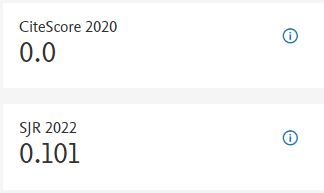AI and Social Change: A Study of Algorithmic Activism with Special Reference to the R.G.Kar Hospital Rape Case
DOI:
https://doi.org/10.7492/72c4vm71Abstract
The rapid advancement of Artificial Intelligence (AI) has transformed various aspects of society, including social activism. Algorithmic activism, which leverages AI-powered tools and technologies to drive social change, has emerged as a powerful force in mobilizing public opinion and demanding justice. This research explores the intersection of AI and social change, focusing on the role of algorithmic activism in catalyzing social movements. Using the R.G. Kar Hospital rape case as a case study, this research examines how AI was utilized to amplify voices, mobilize communities, and challenge power structures. The study reveals the potential benefits of algorithmic activism, including the ability to analyze vast amounts of data, identify hidden biases, and promote positive social change initiatives. However, it also highlights the challenges and limitations of algorithmic activism, such as the potential for biased algorithms and the need for ethical guidelines. The research concludes that algorithmic activism has the potential to revolutionize social change efforts, but it is essential to address the ethical concerns and ensure that AI is used responsibly and for the benefit of society. Recommendations for ethical guidelines, accessibility, and education are provided to maximize the potential of algorithmic activism for social change.

















